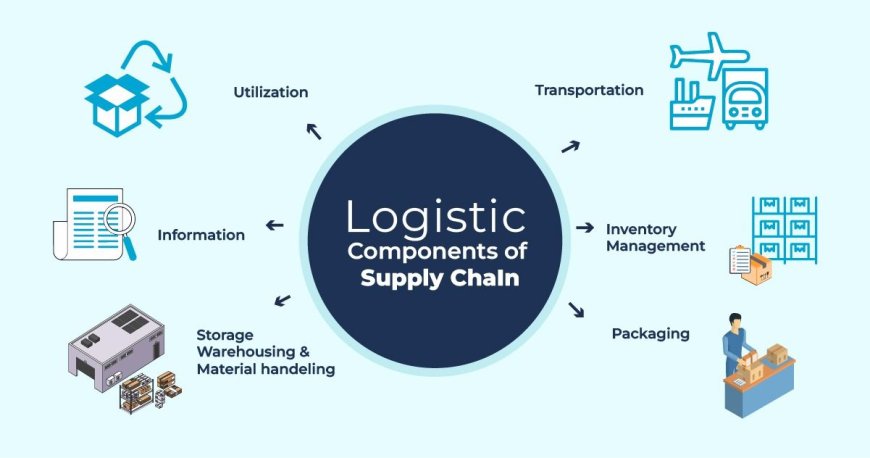Key Considerations for Effective Healthcare Logistics Management
Effective healthcare logistics management is a complex but critical aspect of ensuring that healthcare providers can deliver quality care to patients.

In the fast-paced world of Healthcare, logistics management plays a critical role in ensuring that the right products are delivered to the right place at the right time. Efficient logistics can be vital, particularly when managing time-sensitive medical supplies and equipment. Here are some key considerations for effective healthcare logistics management.
1. Compliance with Regulations
Healthcare logistics is heavily regulated to ensure patient safety and product integrity. Compliance with laws such as the FDA's Good Distribution Practices (GDP) and various international regulations is paramount. Logistics providers must stay updated on these regulations and implement rigorous protocols to meet them. This includes proper documentation, handling procedures, and maintaining the necessary licenses.
2. Temperature Control and Monitoring
Many medical products, such as vaccines, pharmaceuticals, and biological samples, are temperature-sensitive and require strict temperature control throughout the supply chain. Implementing advanced temperature monitoring systems and ensuring that all transportation and storage facilities are equipped to maintain the required temperature ranges is crucial. This helps in preventing spoilage and maintaining the efficacy of the products.
3. Inventory Management
Effective inventory management is vital to prevent stockouts or overstock situations. Using advanced inventory management systems that provide real-time visibility and data analytics can help in predicting demand accurately and optimizing stock levels. This ensures that critical medical supplies are always available when needed, without incurring unnecessary storage costs.
4. Supply Chain Visibility
Transparency and real-time tracking are essential for effective healthcare logistics. Implementing technologies such as IoT, RFID, and blockchain can enhance supply chain visibility. This allows stakeholders to track the movement of goods at every stage, ensuring timely deliveries and enabling quick response to any disruptions or delays.
5. Risk Management
The healthcare supply chain is susceptible to various risks, including natural disasters, geopolitical issues, and pandemics. Developing a robust risk management strategy that includes contingency planning, risk assessment, and mitigation measures is essential. This ensures that the supply chain remains resilient and can adapt to unexpected challenges, maintaining the continuous flow of critical medical supplies.
6. Collaboration and Communication
Effective collaboration and communication among all stakeholders, including manufacturers, logistics providers, healthcare facilities, and regulatory bodies, are crucial. Establishing strong relationships and communication channels ensures that everyone is aligned and can work together to resolve issues quickly and efficiently.
7. Technology Integration
The integration of advanced technologies such as, and demand forecasting, ERP integration and data analytics can significantly enhance healthcare logistics management. These technologies can optimize route planning, predict demand, monitor product conditions, and improve overall operational efficiency. Investing in technology can lead to faster deliveries, and better patient outcomes.
8. Quality Assurance
Maintaining the quality and integrity of medical products is non-negotiable. Implementing stringent quality assurance processes, including regular audits, training for personnel, and adherence to best practices, ensures that products remain safe and effective throughout the supply chain.
9. Sustainability
Sustainability is becoming increasingly important in healthcare logistics. Adopting eco-friendly practices, such as using energy-efficient transportation methods, reducing packaging waste, and implementing recycling programs, can help in minimizing the environmental impact. This not only benefits the planet but also enhances the reputation of the logistics provider.
Conclusion
Effective healthcare logistics management is a complex but critical aspect of ensuring that healthcare providers can deliver quality care to patients. By focusing on compliance, temperature control, inventory management, supply chain visibility, risk management, collaboration, technology integration, quality assurance, and sustainability, logistics providers can enhance their operations and contribute to better patient outcomes. Investing in these key areas is essential for staying competitive and meeting the ever-evolving demands of the healthcare industry.
What's Your Reaction?





















